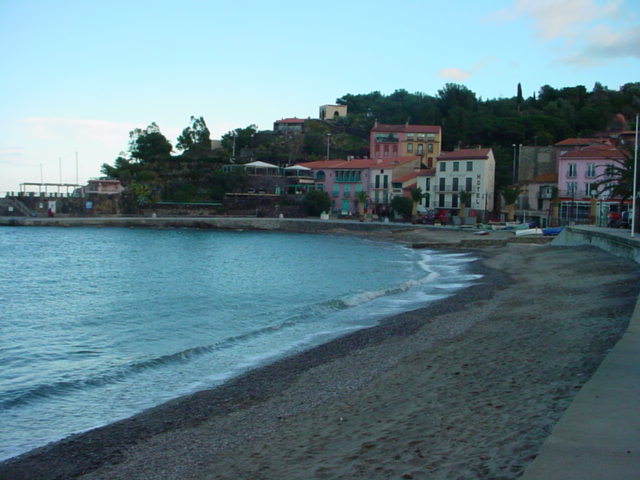See one Russian reaction to the new centrality of corruption in World Bank support.
The author raises the old spector of the "Washington Concensus," and it makes me wonder just how much this is another case of U.S. neoliberalism forcing itself on the rest of the world. I tend to think that the ways to fight corruption and graft and promote better governance mean adding, not subtracting, from the capabilities and responsibilities of government. That means that oversight will have to be built into budgeting and spending systems, that new anti-corruption agencies will have to be set up, etc. The UN Convention against Corruption certainly calls on governments to do more, not less.
True, in the interest of transparency, there is a tendency towards less bureaucratic government, as bureaucratic procedures hide graft very well. Furthermore, transparency and simpler procedures act as corruption prevention, by allowing more citizens to watch what's happening and hold government accountable for any irregularities they find.
On the other hand, Ivan Krastev has described the rise of the anti-corruption movement as one of Western corporations complaining to their governments of yet another barrier to market access in the rest of the world, just like the drive towards more liberal economies that characterized all those World Bank crises in Russia and Southeast Asia. I'm sure it's true; I believe the OECD anti-bribery convention is the purest example of an international agreement that unabashedly favors corporations on the global marketplace.
And the kind of anti-corruption actions that such corporations would want are nothing akin to the changes that occurred in Russia in 1998-9, when competition laws were missing from the transition plans, when lots of governance-related laws were not there to protect investors and consumers.
But there have been so many studies showing how detrimental corruption really is for regular citizens. His is not a bad argument, if corruption weren't such an obstacle to well-functioning economies and the full potential of development projects.
I should probably read the rest of that new Krastev book to find out what his beef is. If I'm not mistaken, I believe his problem is the politicization of the fight against corruption. A subject for another day.........
Subscribe to:
Post Comments (Atom)

No comments:
Post a Comment